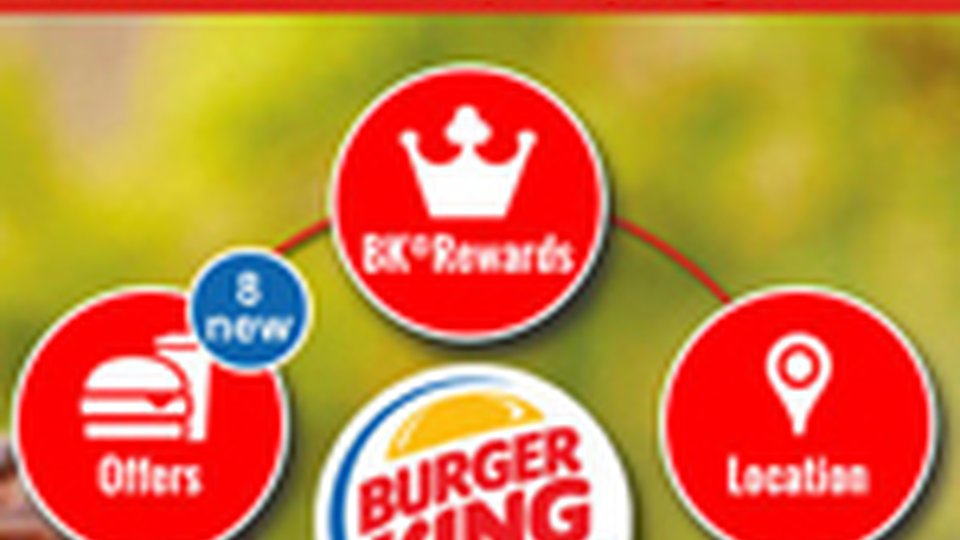Article
Burger King CFO: QSRs will need digital ordering platforms sooner than later
All expenses at BK are examined line by line, person by person, for a discipline that has led to more efficiency.

November 20, 2013 by Alicia Kelso — Editor, QSRWeb.com
Josh Kobza, Burger King's chief financial officer, provided some insight into the company's balance sheet disciplines and the future of digital in QSR during Morgan Stanley's Global Consumer Conference Tuesday.
Technology and mobile
During the presentation, Kobza was asked about the staggering growth of digital and what Burger King's plans are within the channel. He said the company is investing a lot of time and money to translate franchisees' various POS systems into one language.
"If you went back a few years, we didn't even have (insight into) daily sales in the U.S. If you want to run a QSR today, you need to understand what's going on in your business," he said. "Today we can see a vast majority of our franchisees' daily transaction logs and analyze the impacts of our promotions. It's really important to be better connected and understand what's happening at the POS every day in very real time."
On the digital side, Kobza said there are still a lot of unanswered questions that most QSR players are trying to figure out. For example:
- "What's the right service mode for digital ordering? Did someone order on their mobile app and when does the order shows up in the kitchen?
- "How do I pick it up? Curbside? Drive-thru? Counter?"
"All the pieces go together — loyalty, digital coupons, mobile ordering. You're going to want one platform to use for all of those different consumer interfaces," Kobza said. "Consumers are going to expect ordering online, and coupons on mobile. It's something we all have to do. There are still open questions, but I expect to see it in the industry sooner than later."
Culture changes
He also noted that since 3G Capital took over in 2010, the culture needed to be changed to function more efficiently. Among those changes were refranchising — nearly 100 percent of the chain is now franchised.
"We realized we had a limited amount of people and time in our day; let's focus on the couple of things we can be good at, let's focus on being a really good franchisor," Kobza said. "Let's leave running the restaurants to people who are really good at it. This has allowed us to be much more focused."
3G has also shifted focus to be more expense efficient. The company's zero-based budgeting strategy requires accountability from the top down, with everyone working toward long-term goals. As part of the process, the company's expenses are examined line by line and each expense is challenged to a degree.
"It's a painstaking process. We have a team that is 100-percent focused on line by line, area by area, person by person, and making sure every dollar spent is focused on achieving our business goals and driving long-term value," Kobza said.
For example, when the company stopped budgeting the amount of money being spent on sending FedEx packages overseas, employees began to scan pdfs instead. Burger King also set a limit on phone plans and required employees to pay if they went over the set amount.
"Putting prophecies in place can radically change behaviors," Kobza said. "A ton of little things with process and ownership have allowed us to be much more efficient."
International pace speeds up
Aggressive international expansion also became more of a priority under the new leadership, especially behind joint ventures in Brazil, Russia and China.
"These ventures help us grow our brand in a much faster way, a way for us to grow in a capital-light manner and be aligned with partners who know how to build and operate restaurants around the world," he said.
The Brazilian consumer base, in particular, has responded favorably to the Burger King brand, driven by the popularity of beef in that market.
"We don't have to adapt our menu very much. Our products resonate very well with consumers," Kobza said. "The problem in Brazil isn't consumer demand, it's our ability to keep up with consumer demand."
Read more about operations management.
 ChatGPT
ChatGPT Grok
Grok Perplexity
Perplexity Claude
Claude








